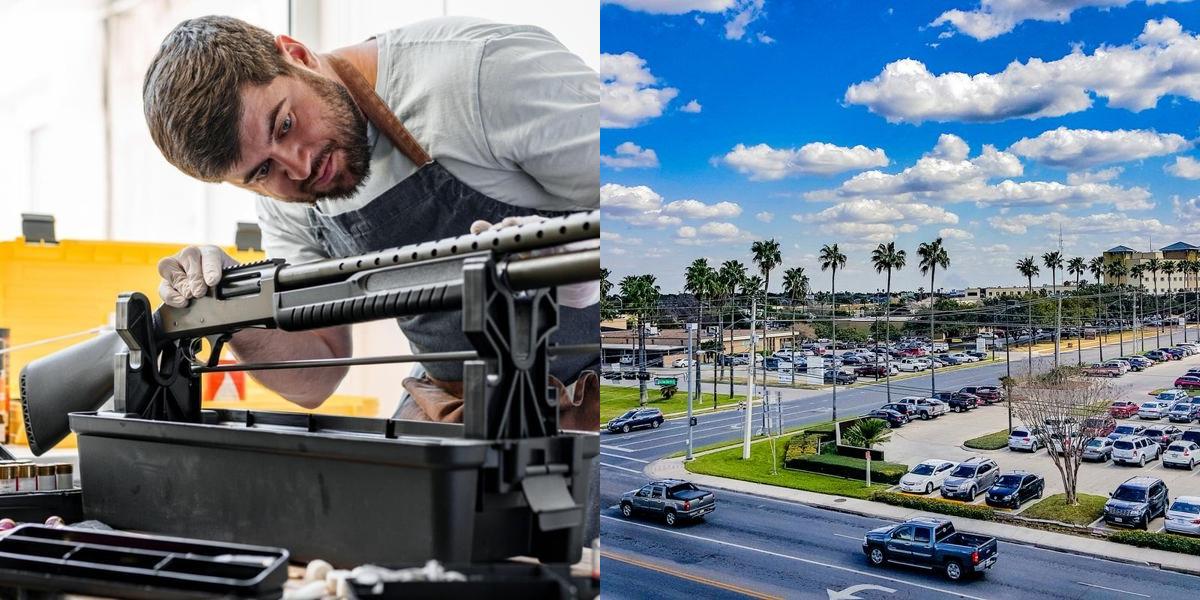How to Become a Gunsmith in Texas (2026)

If you are passionate about firearms and skilled craftsmanship, a career as a gunsmith in Texas offers a direct path into a thriving industry. This guide outlines the essential steps for training, federal licensing, and securing a position in this specialised trade, where professionals in Texas can earn a median salary of around $48,092 annually. We will cover the entire process, from foundational requirements to launching your career in a state with a deep-rooted firearms culture.
Where to Find Gunsmithing Classes in Texas
Looking for programs near you? Dreambound is the go-to platform to find and compare vocational training programs across Texas. Whether you want in-person instruction or flexible online learning, Dreambound makes it easy to explore your options.
Frequently Asked Questions
What degree do you need for gunsmithing?
No specific degree is legally required to become a gunsmith. However, a diploma or certificate from a trade school is the industry standard and highly preferred by employers. An associate degree can provide additional skills in business management, which is beneficial for those wanting to open their own shop.
How much does it cost to get a gunsmith license in Texas?
Texas does not issue a state-specific gunsmithing license. To operate a business, you need a Federal Firearms License (FFL). The initial application fee for a Type 01 FFL is $200 for the first three years, and the renewal fee is $90 every three years thereafter.
What are the career paths for a gunsmith?
A gunsmithing career offers several paths for specialisation and growth, including becoming a custom firearm builder, a firearms restoration expert, a ballistician, or a shop owner. Pursuing advanced certifications as an armourer for specific brands like Glock or Smith & Wesson can also increase your value to employers, particularly law enforcement agencies.
What state pays gunsmiths the most?
While Texas offers a high volume of jobs, other states may report higher average wages. For example, Indiana has the highest reported mean annual wage for gunsmiths at $71,700. However, it is important to consider the cost of living, which is often higher in states with higher wages. Texas has a cost-of-living index of 90.8, below the national average of 100, while a state like Washington has an index of 113.9.
Final Thoughts
Becoming a gunsmith in Texas is an excellent career for individuals who combine a passion for firearms with technical skill and precision. This path offers diverse opportunities, from custom builds and restoration to running your own business in a state with a strong firearms heritage. With the right training and federal licensing, you can build a rewarding, hands-on career.
Ready to get started? Browse accredited gunsmithing programs in Texas on Dreambound and take the first step toward building your career.
Want to explore more vocational careers in Texas? Check out these other guides:

Athena is Co-founder and CEO of Dreambound.



